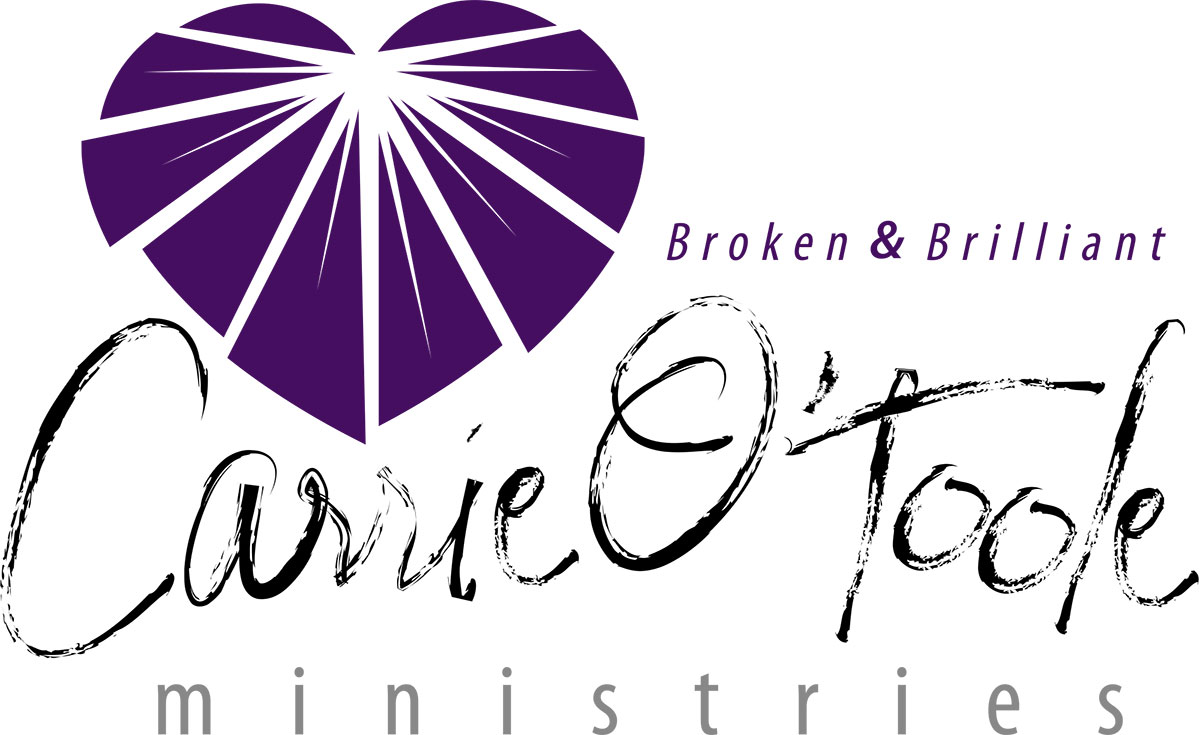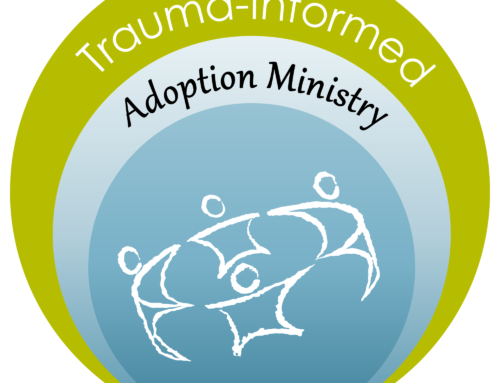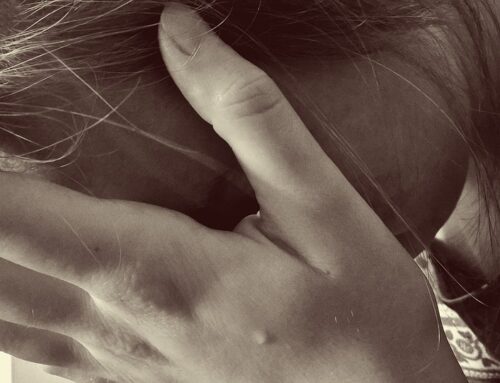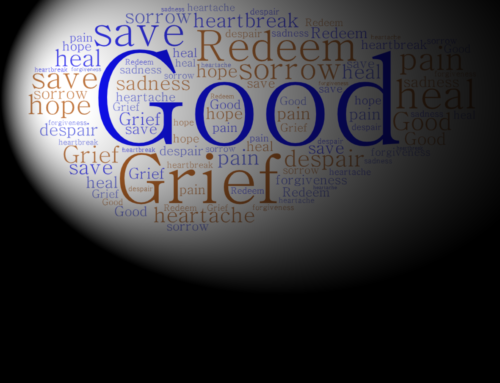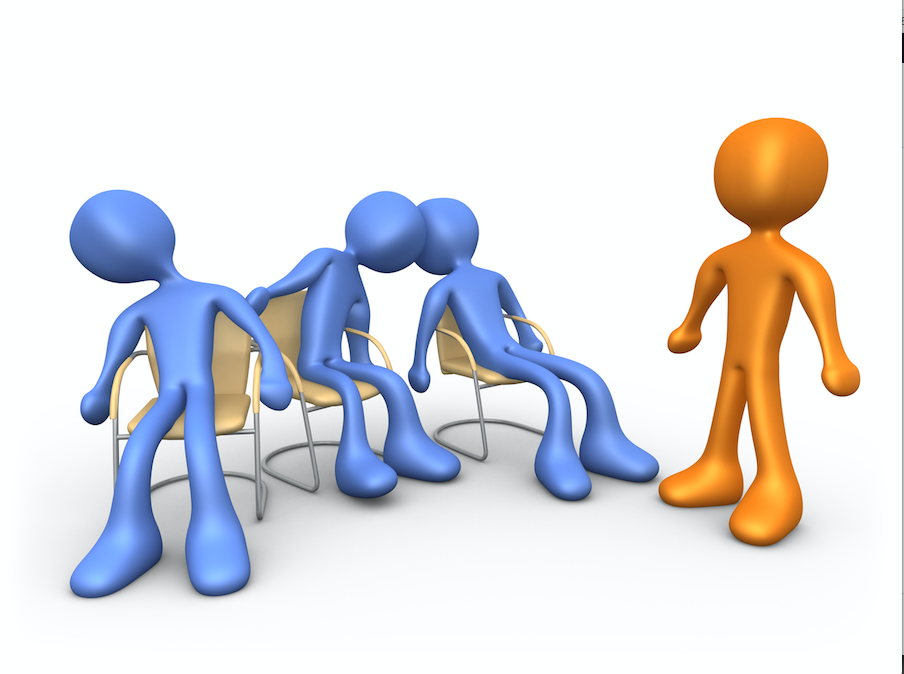
Colorado Life Coach: Talking About The Difficult
Why don’t we like to talk about difficult things?
I’m from Colorado, so you know it’s alway safe to talk about the weather (if you don’t like it wait five minutes and it will change), or the Broncos (how do they continue to play poorly, but still win?).
I’m OK with safe topics; I like the weather and the Broncos just as much as any Colorado resident, but I want to go deeper. I want to talk about things that really matter.
What about you?
It seems that some people enjoy going deep. Others like to go deep, as long as they’re comfortable with the topic. Some people avoid difficult topics like the plague!
Why is that?
I think sometimes people don’t like to talk about difficult things because they are afraid. Maybe they think they can control their lives if they don’t deal with hard topics: death, divorce, victimization, abuse, neglect, addiction, mental illness.
Maybe it feels uncomfortable to sit or talk with someone who’s suffering. Is it because we might have to deal with our own fears, denial, issues around the topic, if we allow our friend to go there?
I think it might be easier to believe our friend or family member brought the trouble on themselves, than to believe that bad things sometimes happen to good people.
~Kids: If you see children misbehaving, it’s easier to blame the parents, than to admit some children behave poorly, even if they are parented well.
~Sickness: It’s easier to blame the person’s diet, lack of exercise, etc. than to accept that cancer is a part of life.
~Sexual assault: It’s easier to blame the victim (can you believe what she’s wearing?) than to understand that one in three women will be sexually assaulted in their lifetime.
There are certainly times when our own character comes into play when bad things happen to us! If our children act poorly because we don’t discipline, that’s on us. If we get sick because we don’t take care of ourselves and we eat until we’re obese, that’s on us. If we are sexually assaulted because…no, there’s no situation that makes us take responsibility for this one.
But see what happens here? If we can figure out what happened to the other person, and make sure we don’t do it, then we don’t have to be afraid.
In other words, we don’t have to believe bad things happen to good people. We can blame the people and say it’s their fault.
But here’s the problem, we do live in a world where bad things happen to good people. We can certainly be wise, and live in ways to diminish our risks, but bad things still happen.
Some people’s children have learning or mental health issues totally unrelated to their parenting. In fact, some of the most amazing parents I know have children who began their lives in trauma. This early trauma (abuse, neglect, addiction, poverty) was not brought on by these parents, but their children act out a lot. Whether adoptive, foster, step or biological, some parents struggle against things that have nothing to do with their ability to parent well. It would be easier to blame them, because then we don’t have to think about things such as neglect and abuse.
It’s easy to say, “What a shame,” about the friend who’s been married for 30 years and is getting divorced. We could judge her for not being able to hold it together after her children left. I remember thinking this way years ago. I understand now that I may have no idea what she’s lived with, and what the intimate side of this marriage has done in her life. We don’t want to believe it can happen to us.
We victim blame when it comes to sexual violation. “What was she doing in that part of town?” “What did she think was going to happen?” Each of these statements or thoughts makes us feel that if we don’t do what she did, it won’t happen to us.
We can certainly take good care of ourselves, and take precautions, but blaming others doesn’t protect ourselves.
I’m wondering if this is why we don’t like talking about difficult things. Do we think we’re protecting ourselves? Of course we’re not actually able to control everything or everyone in the world. That’s the problem. If it were up to us, nothing bad would ever happen.
This post written by Colorado Life Coach, Carrie O’Toole, M.A.
